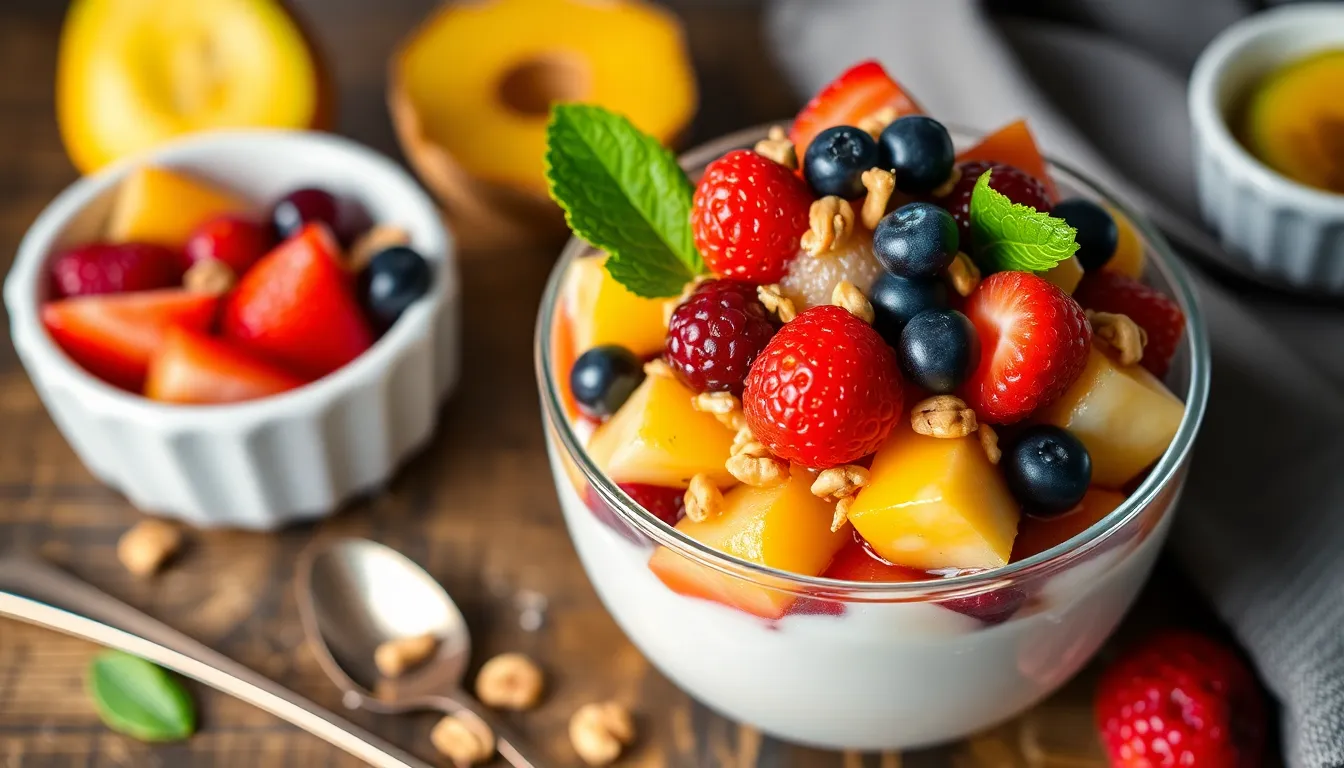The Best Grains for Boosting Immunity
A strong immune system is crucial for overall health, especially in times when illness is prevalent. It acts as the body’s defense mechanism, protecting us from pathogens, bacteria, and viruses. One of the best ways to support and strengthen our immune system is through diet. In particular, grains can play a vital role in bolstering immune health. This article aims to highlight the best grains that can help boost immunity and provide guidance on how to incorporate them into your meals.
Section 1: Understanding Immunity and Nutrition
The immune system is a complex network of cells, tissues, and organs that work together to defend against harmful invaders. It consists of various components, including white blood cells, antibodies, and several other immune markers that help identify and neutralize threats to our health. Maintaining a robust immune system is essential for preventing infections and promoting overall well-being.
Nutrition plays a critical role in supporting immune health. The body requires a variety of nutrients to function optimally, including vitamins, minerals, antioxidants, and amino acids. Incorporating a diverse range of foods into our diet, particularly grains, can enhance immune function:
- Vitamins: Essential for various biological processes, certain vitamins (like Vitamin C and D) are crucial for immune system regulation.
- Minerals: Zinc and selenium, for example, are vital for maintaining immune health.
- Fiber: Aids digestion and helps support a healthy gut microbiome, which is linked to a stronger immune system.
Incorporating a variety of grains into your diet can provide these essential nutrients while also offering other health benefits. Let’s delve into the top grains that can help boost your immune system.
Section 2: Top Grains for Immune Support
2.1 Quinoa
Quinoa is a nutrient-dense grain that is often referred to as a superfood. It’s gluten-free and packed with essential amino acids, making it a complete protein source.
- Nutritional Profile: Quinoa is rich in magnesium, iron, and Vitamin B6, all of which play roles in supporting immune health.
- Benefits for Immunity: Its high antioxidant content helps reduce inflammation, a critical component of a healthy immune response.
How to incorporate quinoa into meals:
- Use it as a base for salads.
- Add it to soups and stews for extra texture and nutrition.
- Mix it into breakfast bowls with fruits and nuts.
2.2 Brown Rice
Brown rice is a whole grain that retains its bran and germ, making it more nutritious than white rice. It’s a staple in many cuisines around the world.
- Health Benefits: Brown rice is rich in fiber, which aids digestion and helps maintain a healthy gut microbiome—crucial for immune function.
- Suggested Recipes:
- Brown rice stir-fry with vegetables and lean protein.
- Brown rice pudding with cinnamon and raisins.
- Use as a side dish with grilled meats or roasted vegetables.
2.3 Oats
Oats are a versatile grain that can be enjoyed in numerous forms, from oatmeal to granola. They are particularly known for their high fiber content.
- Beta-glucans: Oats contain beta-glucans, a type of soluble fiber that has been shown to enhance the immune system by promoting the activity of immune cells.
- Ideas for Breakfast:
- Classic oatmeal topped with fruits and nuts.
- Overnight oats with yogurt and berries.
- Oat pancakes or muffins for a healthy twist.
2.4 Barley
Barley is one of the oldest cultivated grains and is known for its chewy texture and nutty flavor. It is packed with nutrients that support immune health.
- Health Benefits: Barley is high in fiber, which not only helps with digestion but also supports a healthy gut microbiome.
- Cooking Tips:
- Use barley in soups and stews for added heartiness.
- Make barley salads with fresh vegetables and a light vinaigrette.
- Cook barley as a side dish, flavored with herbs and spices.
2.5 Millet
Millet is a small, ancient grain that is gluten-free and full of nutrients. It is often overlooked but deserves a place on your plate.
- Nutritional Benefits: Millet is rich in magnesium, phosphorus, and B vitamins, which are vital for energy production and immune support.
- Ways to Include Millet:
- Prepare millet as a porridge or breakfast cereal.
- Use cooked millet as a base for grain bowls.
- Incorporate into baked goods like bread or muffins.
Section 3: Nutritional Comparison Table
| Grain | Protein (g per 100g) | Fiber (g per 100g) | Vitamins/Minerals |
|---|---|---|---|
| Quinoa | 4.1 | 2.8 | Magnesium, Iron, Vitamin B6 |
| Brown Rice | 2.6 | 1.8 | Magnesium, Phosphorus, B Vitamins |
| Oats | 2.5 | 10.6 | Iron, Magnesium, Zinc |
| Barley | 2.3 | 17.3 | Fiber, Manganese, Selenium |
| Millet | 3.5 | 7.0 | Magnesium, Phosphorus, B Vitamins |
In conclusion, incorporating a variety of grains into your diet can provide numerous health benefits that support immune function. Quinoa, brown rice, oats, barley, and millet are all excellent choices that offer unique nutrients essential for maintaining a robust immune system. By diversifying your grain intake, you can not only enhance your meals but also take significant steps toward achieving better overall health.
So, why not start today? Experiment with these grains in your cooking and discover delicious, immune-boosting recipes that nourish your body and delight your taste buds!




